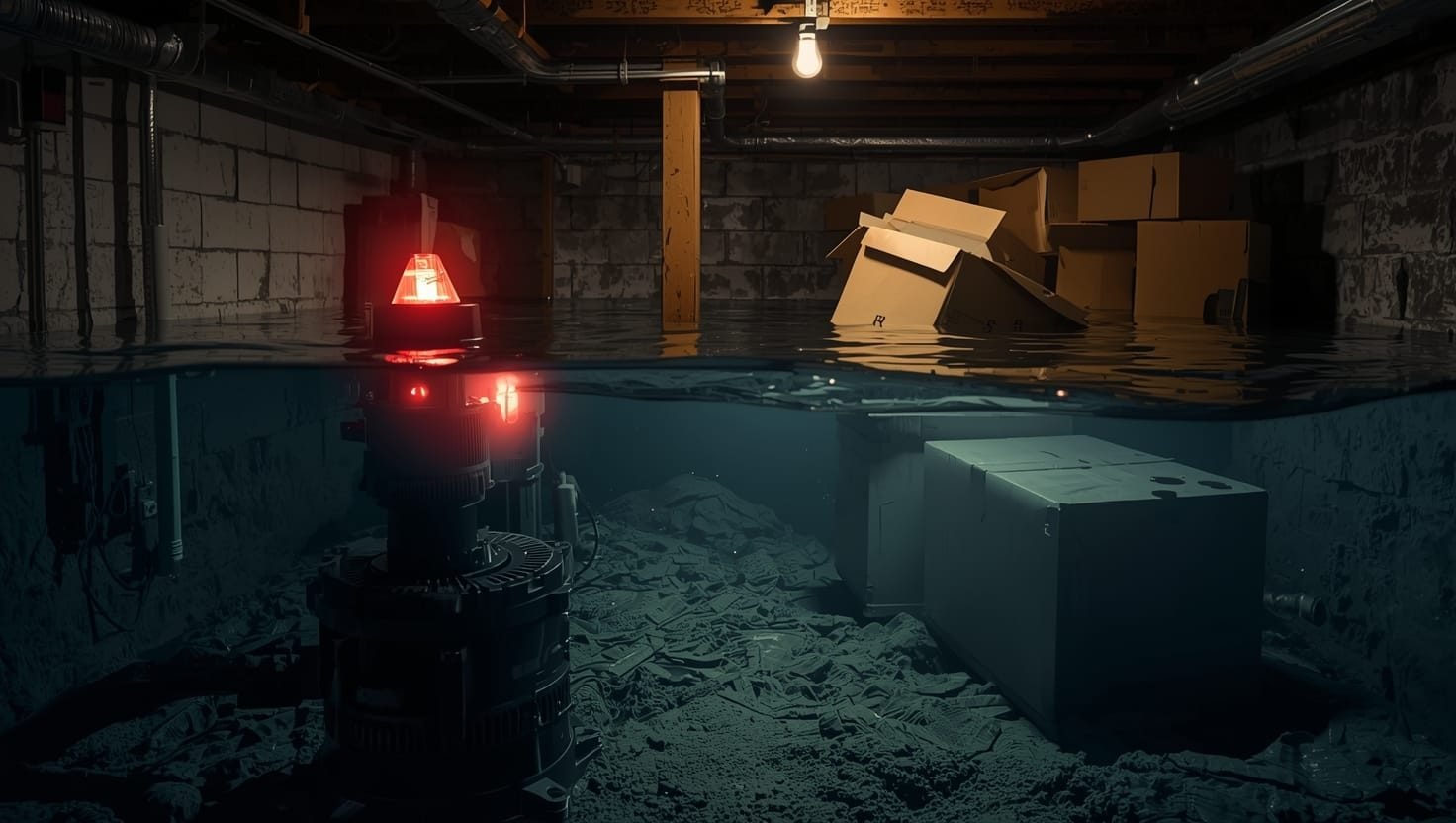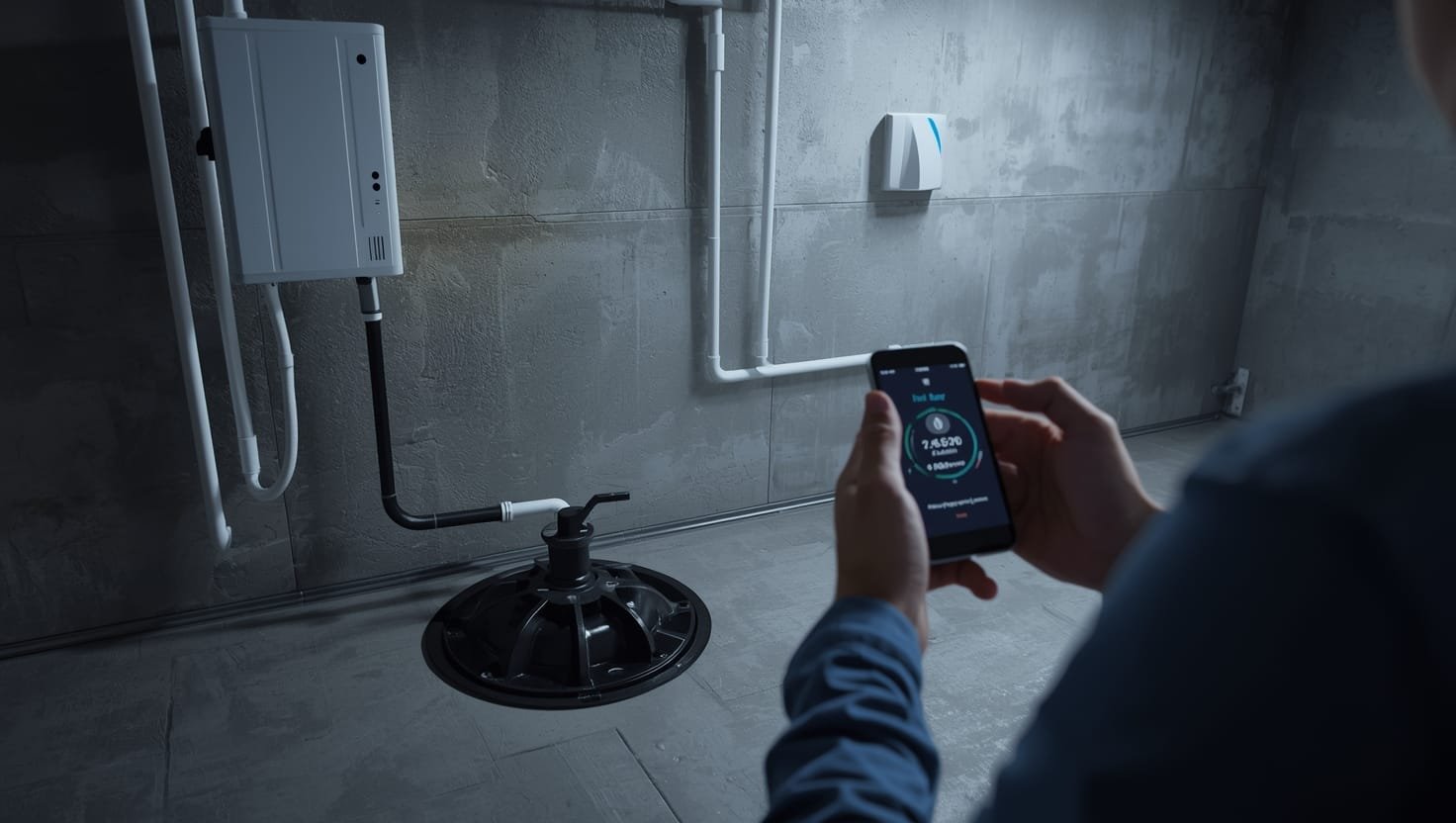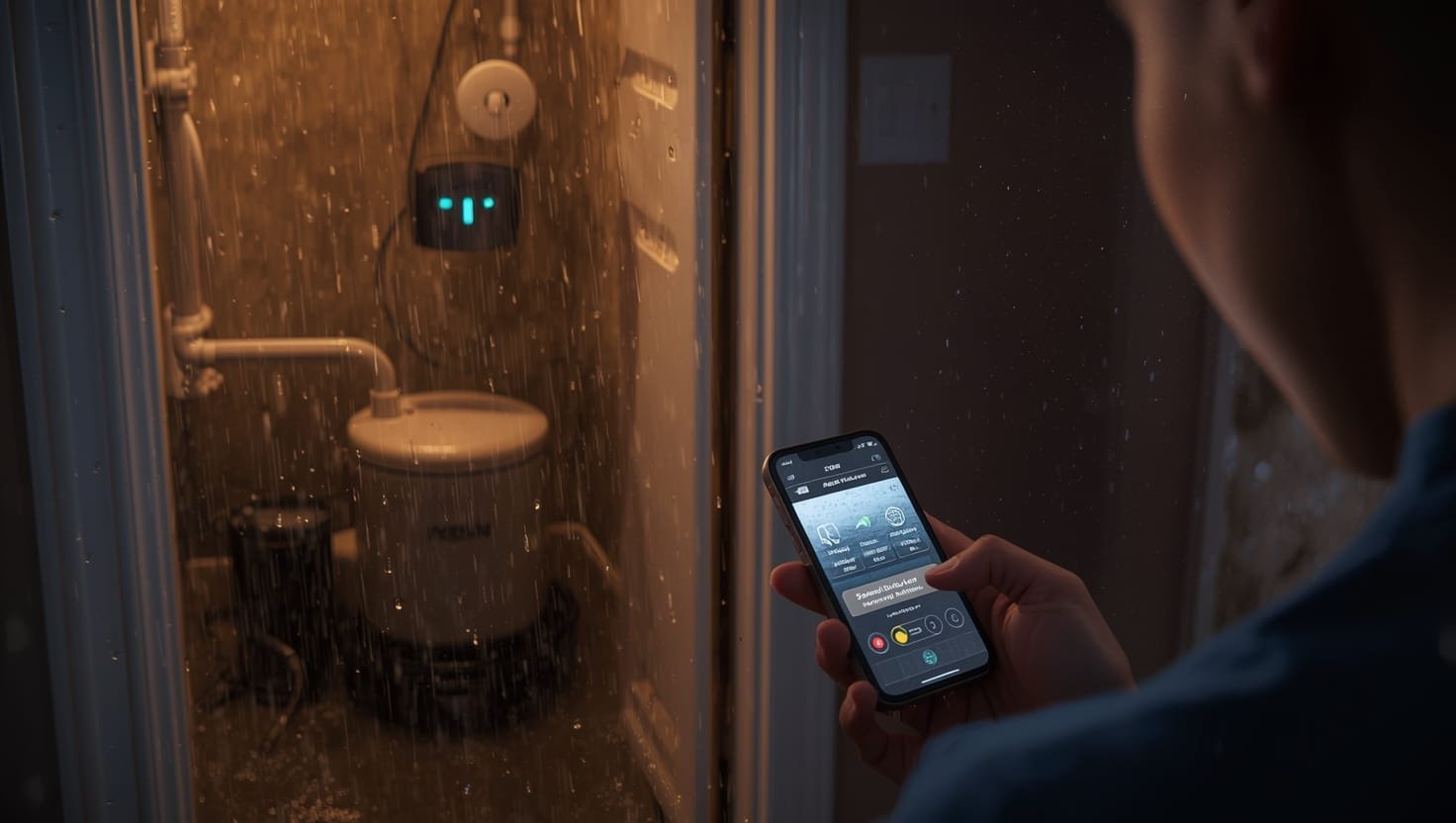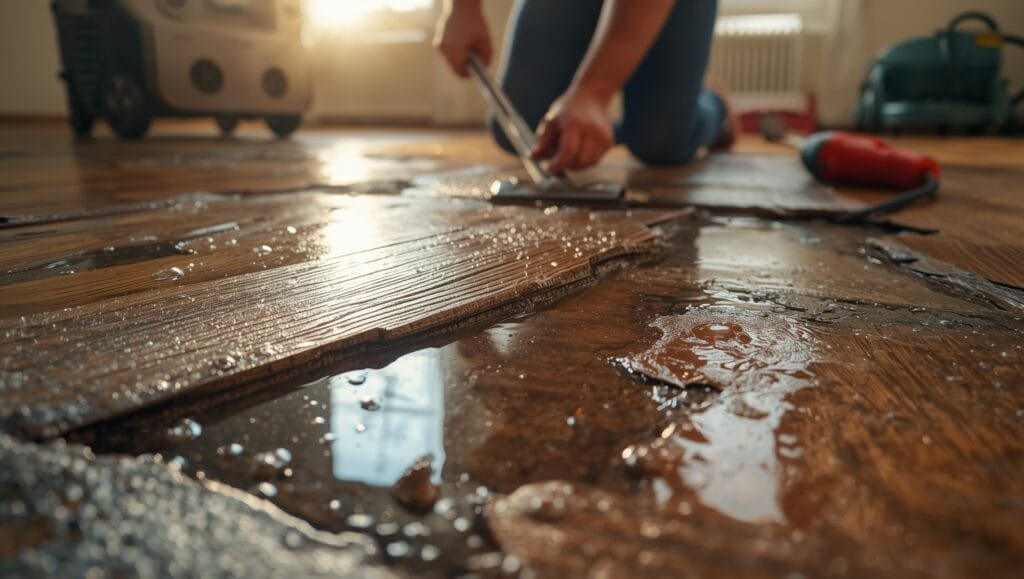When Your Basement Floods: Why a High Water Alarm for Sump Pump Could Save You $50,000
Water damage is a homeowner’s nightmare — and it can happen faster than you think. One Rochester homeowner discovered this the hard way when their sump pump failed, causing $47,000 in damage. The culprit? No high water alarm to warn them before disaster struck.
What is a High Water Alarm for Sump Pump?
A high water alarm is a critical device that alerts you when water levels in your sump pit rise beyond normal levels. Think of it like a watchdog for potential flooding — it’ll sound an alarm or send a notification before your basement turns into an indoor swimming pool.
Bottom line: A high water alarm is your first line of defense against catastrophic water damage.
How High Water Alarms Work
These smart devices use sensors to monitor water levels in your sump pit. When water rises above a predetermined threshold, they trigger:
• Loud audible alerts
• Text message notifications
• Smartphone app warnings
• Some advanced models can even trigger automatic sump pump activation
Here’s a quick scenario: You’re at work, and suddenly your basement starts filling with water. Without an alarm, you’d have no clue until you return home to a disaster. With a high water alarm, you’d get an instant notification, allowing you to call for help or rush home.
Bottom line: Real-time alerts can mean the difference between minor repairs and total home destruction.
Types of High Water Alarms
Not all high water alarms are created equal. Here are the main types:
- Battery-Powered Alarms
• Cheapest option
• Easy to install
• Limited range of notification - Wifi-Connected Alarms
• Send alerts to your smartphone
• Can integrate with smart home systems
• More expensive but comprehensive monitoring - Professional Monitoring Systems
• Highest level of protection
• Direct connection to emergency services
• Most expensive option
One Rochester homeowner, Mark T., shared his experience: “I installed a wifi-connected alarm after a minor flood. Last winter, it saved me from $10,000 in potential damage by alerting me to a sump pump issue while I was traveling.”
Bottom line: Choose an alarm that matches your budget and home’s specific needs.
Installation Considerations
Installing a high water alarm isn’t rocket science, but precision matters. Key factors include:
• Sensor placement
• Compatibility with existing sump pump
• Power source reliability
• Ease of maintenance
At JetDry, we recommend professional installation to ensure maximum effectiveness and avoid potential mistakes.
Bottom line: Proper installation is crucial for your alarm’s performance.









